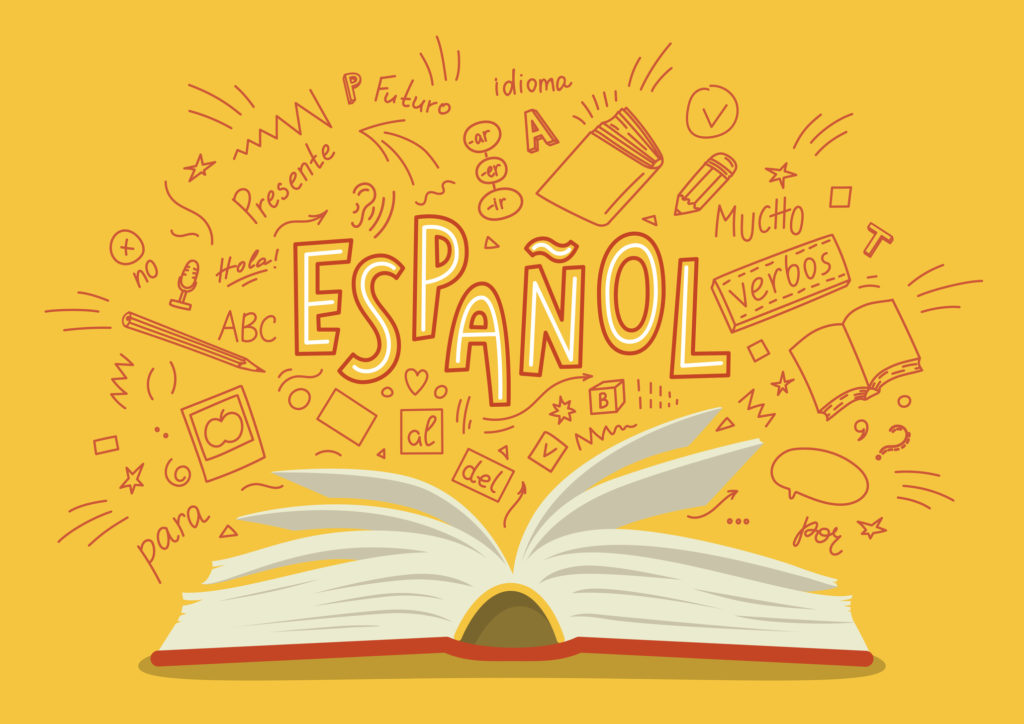
Taking the opportunity given us by our friends from Blog idiomas with their post on curious features of Spanish last week, I feel I must pay them my respects by posting something similar. So here goes, with the idea of finding some more curious features of our wonderful language.
Did you know for example that the words murciégalo[1], vagamundo[2], correveidile[3], requetebién[4], tiquismiquis[5], quilogramo[6], frejol[7] and setiembre[8] are all correct, among many others commonly regarded as wrong?
Here’s a word with seven letters, each of which appears twice: aristocráticos. There are other words with the same curious feature, although not so long: bilabial, quisquilloso, rallar, and termómetro.
I bet you didn’t know that if you wrote all the numbers in words, in alphabetical order, the first one would be catorce (14), and that cinco (5) has five letters. No other number in Spanish has this peculiarity.
It is estimated that there are somewhere between 6,000 and 6,500 languages in existence. Spanish is one of the six official languages of the United Nations, and the language with the second largest number of native speakers, after Mandarin Chinese. It is also the third most commonly used language on the Internet. Moreover, scholars estimate that by 2050, ten percent of the world’s population will be Spanish-speaking.
Some words contain all the vowels, such as the names Aurelio, Aureliano, Eustaquio and Venustiano, and the words eucalipto, murciélago, abuelito, orquídea and alucinógeno.
We could easily spend whole days like this telling you curious features and anecdotes about this language of ours. If you would like to, please feel free to make your own comment about some curious feature you may have come across.
[1] The more orthodox version being murciélago (bat (the winged mammal)).
[2] The more orthodox version being vagabundo (vagabond).
[3] from “corre, ve y dile” (literally “run, go and tell him/her”) a gossip go-between.
[4] Colloquialism = muy bien.
[5] Macaronic Latin, “trifling scruples”.
[6] More usually kilogramo.
[7] More usually fréjol with the stress on the first syllable, a kind of bean.
[8] More usually septiembre.
There are no comments





Leave a comment